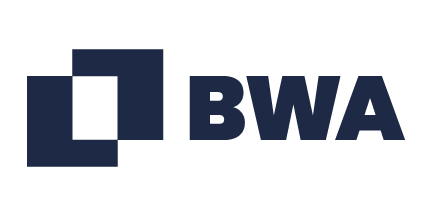The Meteoric Rise of eSports
Why would anyone want to watch someone else play a computer game? That’s the questions that a lot of sport marketers may have asked themselves when first witnessing the advent of professional gaming tournaments, or as the industry calls it, eSports. The answer may lie in the ‘professional’ part.
For example, if you are a lover of soccer and play it in your spare time. Would you still follow the games of your favorite professional team on the TV? Would you try to watch them if they were playing in your town? If your answer is yes, then you understand the sentiment behind why so many millennials flock to arenas or tune in to watch their favorite professional gamers practice their craft. Gaming at the highest levels requires an average of 200-300 mechanical actions per minute coupled with critical thinking, quick decision-making and seamless team communication and strategizing.
Now that we’ve gone behind some of the psychology behind this, let’s look at how popular eSports actually are. In October 2013, Over 32 million unique viewers tuned into the finals of League of Legends World Championships. This figure also includes a sold out crowd at the Staples Center. To put this into perspective, this total viewership figure is more than the combined viewership of the 2014 World Series and NBA Finals. With figures like this, it is safe to say that gaming tournaments are no longer confined to a group of friends having a Counter-Strike LAN party hunching into their monitors whilst consuming unhealthy amounts of Cheetos and Mountain Dew.
A testament to this is the rise in the number of universities in the USA that offer gaming based scholarships. Furthermore, the number of students participating in inter-university gaming events dwarf the number of participants in men’s division 1 basketball, soccer and hockey.
With such impressive stats and major sports networks starting to broadcast professional gaming tournaments, it was only about time that sponsors would start getting in on the action. Brands such as Red Bull, Monster, Coke Zero, Intel, Nissan, and American Express have been sponsoring major eSports events. In fact, even the Obama administration utilized the help of professional gamers to promote the launch of healthcare.gov.
That being said, there is still a lot of space in the market for other brands to come in. of course, they have to be mindful of the fact that there is still some stigma attached to playing games. Pre-conceived notions about gamer's still exist amongst a large amount people, including parents and peers. But to that we counter and say that we’re in 2016, and nerdy is the new sexy.
